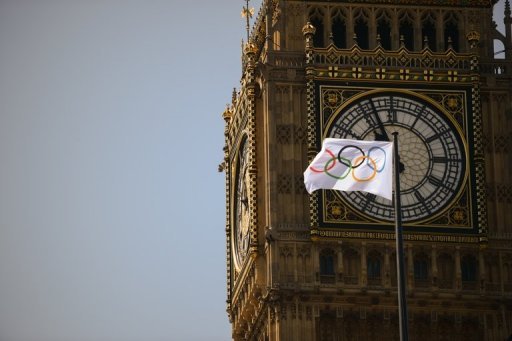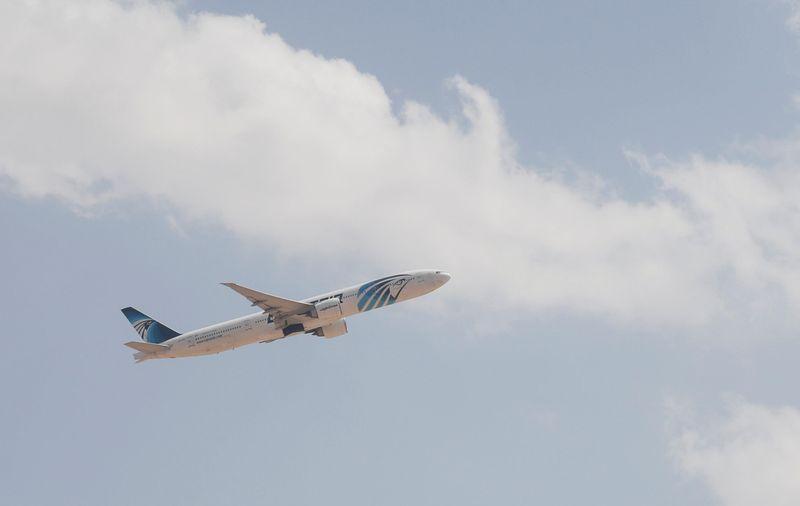
New delays to a major report into Britain's role in the Iraq War sparked fears on Wednesday that the public would conclude an inquiry's long-awaited findings had been "sexed down" to prevent criticism of former high-profile figures.
The investigation, headed by former civil servant John Chilcot, was set up six years ago by former prime minister Gordon Brown to learn lessons from the 2003 US-led invasion of Iraq, which ousted Saddam Hussein, and its aftermath.
The inquiry was initially expected to take a year to finish, but media reports said the findings would now not be published until after an election in May, leading to widespread criticism.
Deputy Prime Minister Nick Clegg, leader of the Lib Dems, the junior government coalition partner, on Wednesday wrote to Chilcot saying that the longer the report took to be published, the less confidence the public would have in it.
"If the findings are not published with a sense of immediacy, there is a real danger the public will assume the report is being 'sexed down' by individuals rebutting criticisms put to them by the Inquiry, whether that is the case or not," he wrote.
Critics of the war, including relatives of some of the 179 British service personnel killed during the six years of British combat operations have accused former Labor Prime Minister Tony Blair's government of misleading the public to justify the invasion with then-USpresident George Bush.
However, previous inquiries into what was known about Iraq's weapons of mass destruction, the reason for the war, exonerated Blair of charges made in a 2003 BBC report he had "sexed up" or exaggerated intelligence.
The report's publication has become politically charged ahead of a national election in May, which is expected to be the closest in a generation with Prime Minister David Cameron's Conservatives neck and neck with the opposition Labor party.
If critical, the report's findings could affect public support for Labor.
Previous delays revolved around how to use confidential notes and phone call records between Bush and Blair, who has denied trying to block the report's publication.
Under British inquiry rules, anyone who faces criticism is allowed to respond to the findings before publication.




